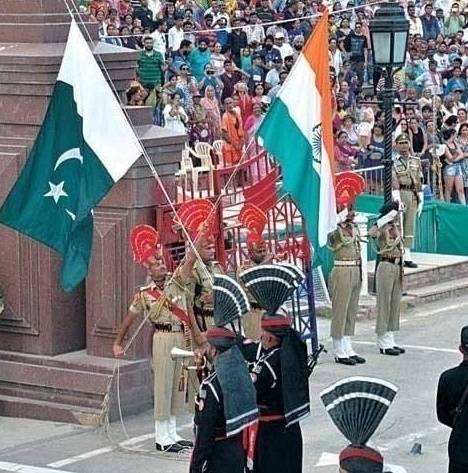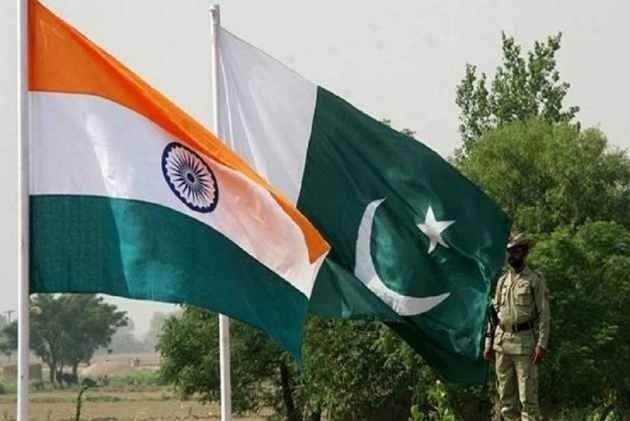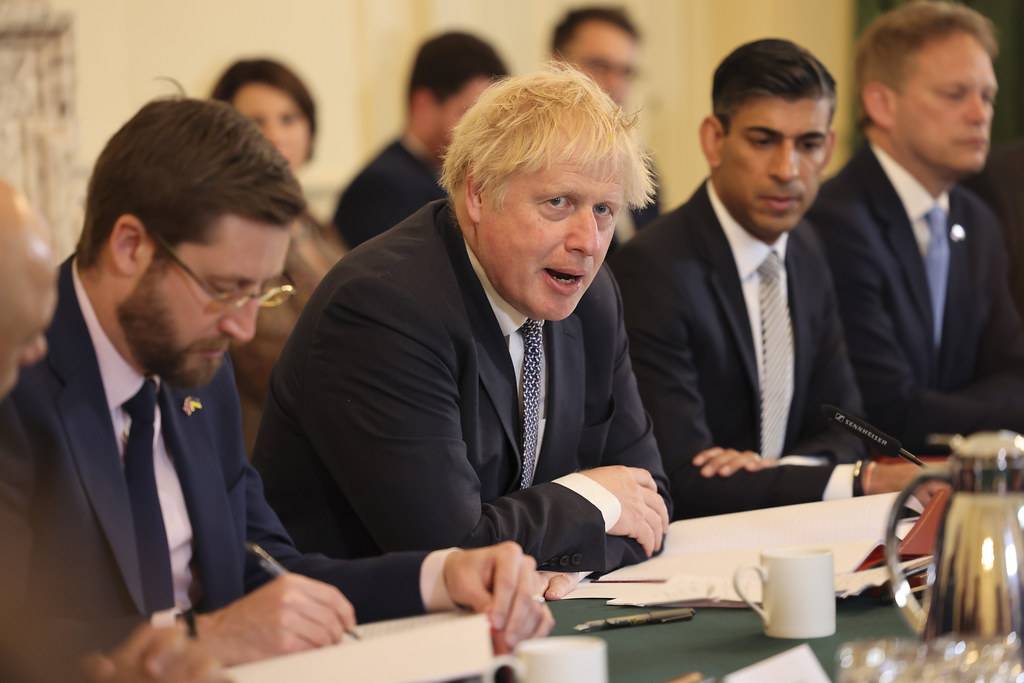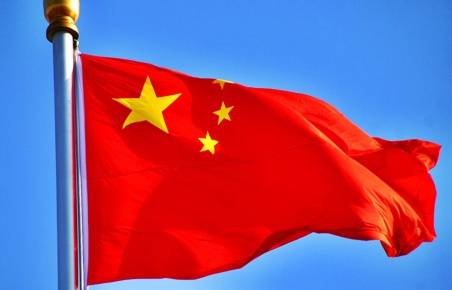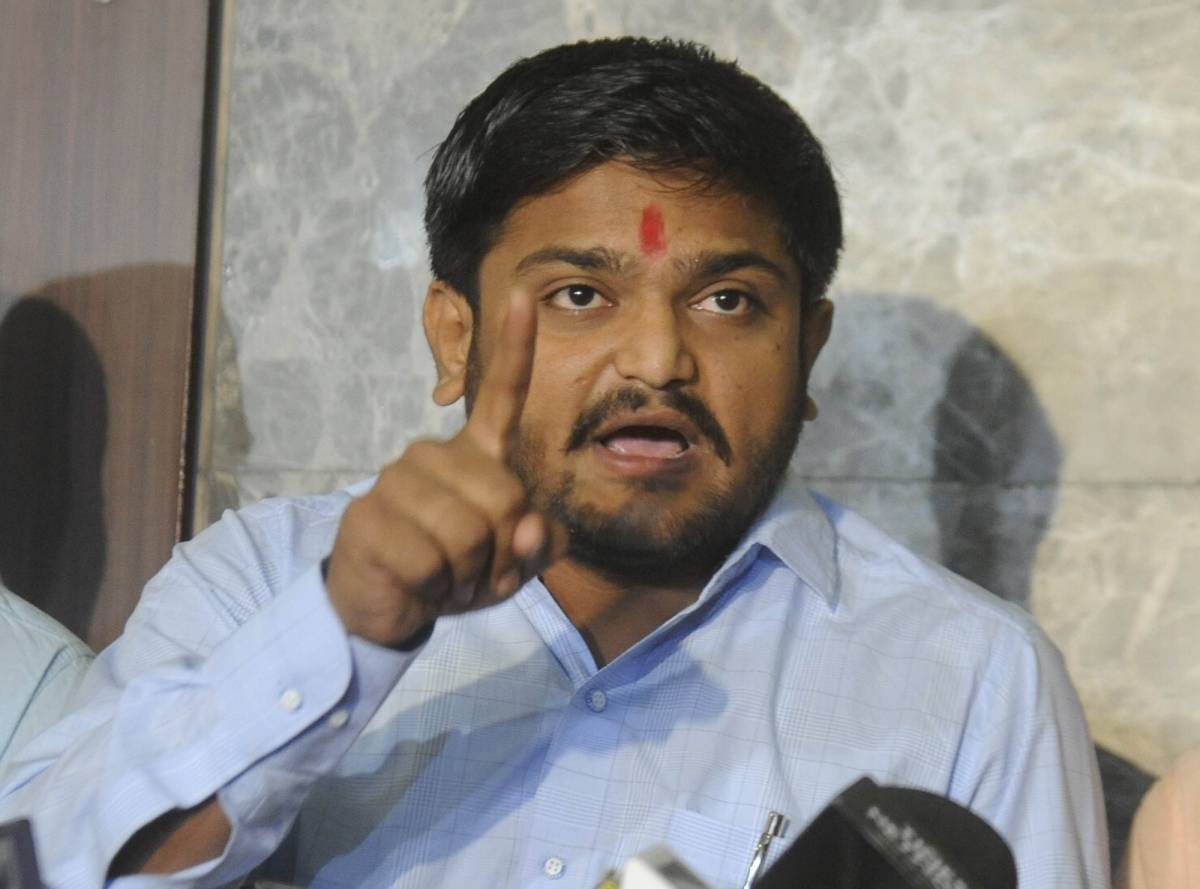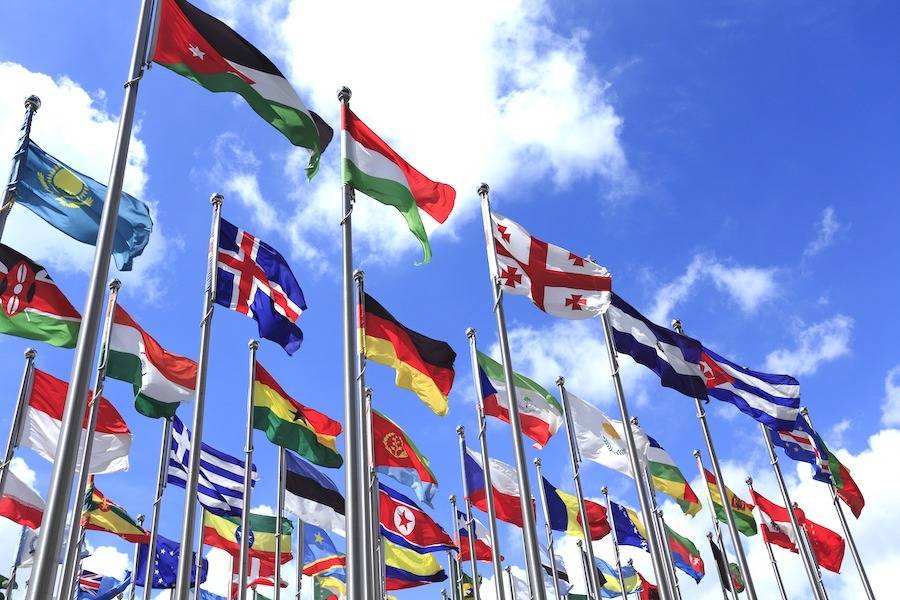The new HPI visa route will cost around GBP 715 and have the option to bring in dependents or close family members…reports Asian Lite News
Graduates from the world’s top 50 non-UK universities, including Indian students, can now come and work in Britain through a new High Potential Individual (HPI) visa route launched in London on Monday.
In a joint announcement, Indian-origin UK Cabinet ministers Rishi Sunak and Priti Patel said the new “exciting” category under the post-Brexit points-based system is aimed at attracting the “best and brightest” talent from around the world, regardless of nationality.
Successful applicants will be given a two-year work visa, with a three-year visa offered to those with a PhD, without the need for a specific job offer in hand.
“This new visa offer means that the UK can continue to attract the best and brightest from across the globe,” said Chancellor Rishi Sunak.
“The route means that the UK will grow as a leading international hub for innovation, creativity and entrepreneurship. We want the businesses of tomorrow to be built here today – which is why I call on students to take advantage of this incredible opportunity to forge their careers here,” he said.
“The UK is already home to some of the most ground-breaking start-ups, on the forefront of R&D and an incredibly diverse and exciting place to live – come and join in,” added UK-born Sunak, himself an MBA from Stanford University in the US.
Under the new route, the world’s top graduates in subjects such as science, engineering and medical research will be encouraged to bring their skills to the UK after graduating from prestigious universities such as Harvard, Stanford and MIT.
“I am proud to be launching this new and exciting route as part of our points-based immigration system which puts ability and talent first – not where someone comes from,” said UK Home Secretary Priti Patel.
“This government is delivering for the British people by bringing in the high skills and talent our country and businesses need,” she said.
The top 50 list of universities has been identified from the rankings lists produced annually by ‘QS’, ‘Times Higher Education’ and the ‘Academic Ranking of World Universities’ and covers universities from the US, Canada, Japan, Germany, Australia, Hong Kong, China, Singapore, France, Sweden and Switzerland.
The new HPI visa route will cost around GBP 715 and have the option to bring in dependents or close family members. According to the UK Home Office, an applicant applying under this route must have funds of at least GBP 1,270 and to be eligible, an institution must be outside of the UK and must have featured in the top 50 of at least two of the three rankings for the year in which the applicant was awarded the qualification.
“Graduates from the listed universities are eligible for the High Potential Individual route scheme regardless of nationality,” a Home Office spokesperson said.
“Each of the eligible universities attracts students from across the globe to study. There are several other routes eligible for graduates from other universities including the Graduate, Skilled Worker and Global Talent route,” the spokesperson said.
The Home Office notes that the list of the top 50 Global Institutes has been identified from three of the world’s most reliable university rankings lists, which are widely cited by the education system and used in immigration systems globally.
“Using a combination of these lists provides independent validation for institutions and opens up the opportunity for new international universities to move up the ranks and join this list in the future,” the spokesperson added.
The HPI visa is intended to attract an unlimited number of talented graduates at the early stages of their careers, who “demonstrate exceptional promise, providing a highly desirable and able pool of mobile talent from which UK employers can recruit”.
Meanwhile, international students, including Indians, who are studying in the UK at any of the top universities are already eligible to stay for up to three years through the Graduate visa – popularly referred to as a post-study work visa – opened in July last year.
ALSO READ-‘Vietnam key partner in India’s Act East Policy, Indo-Pacific Vision’


